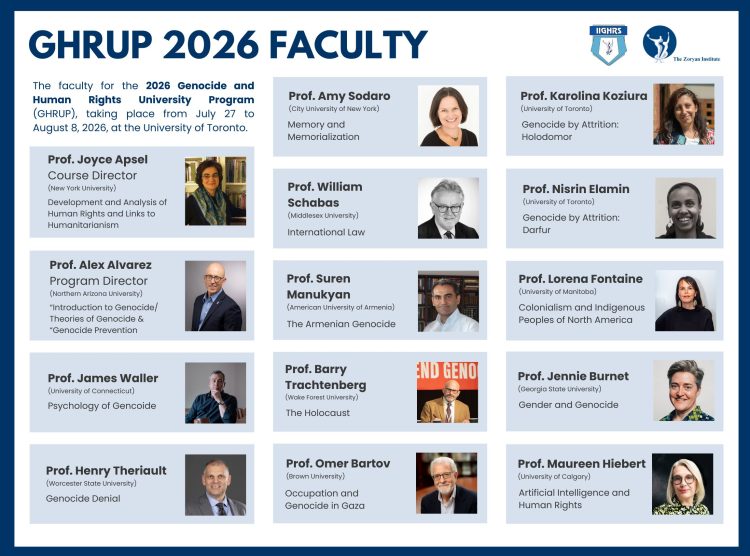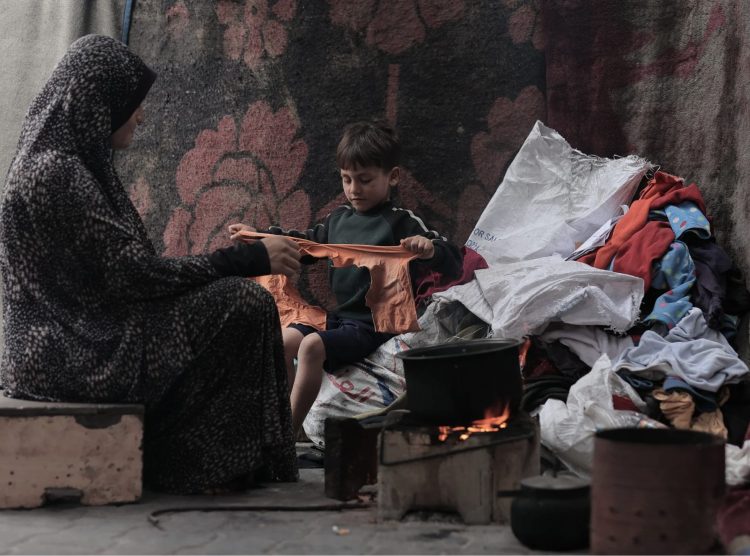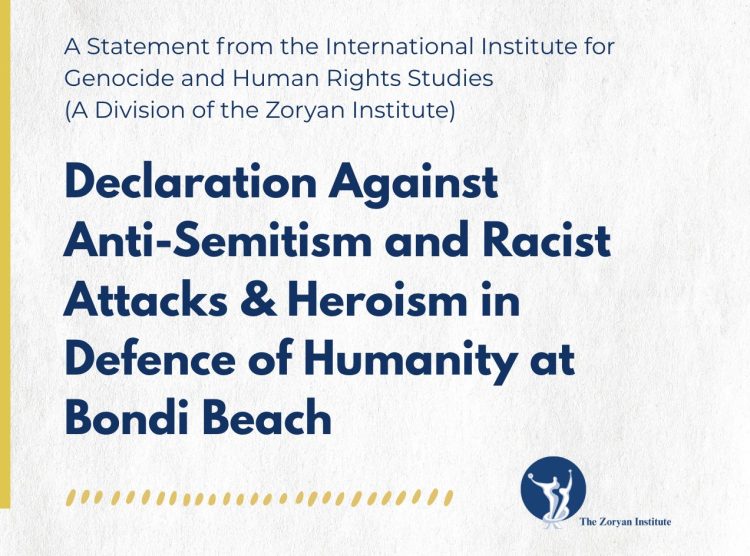September 30, 2024, Toronto: Today is the National Day for Truth and Reconciliation in Canada, is a day of reflection and recognition of the cultural genocide of Indigenous people, especially their trauma from the residential schools.
Article
Zoryan Institute Recognizes the National Day for Truth and Reconciliation
30 Sep 2024
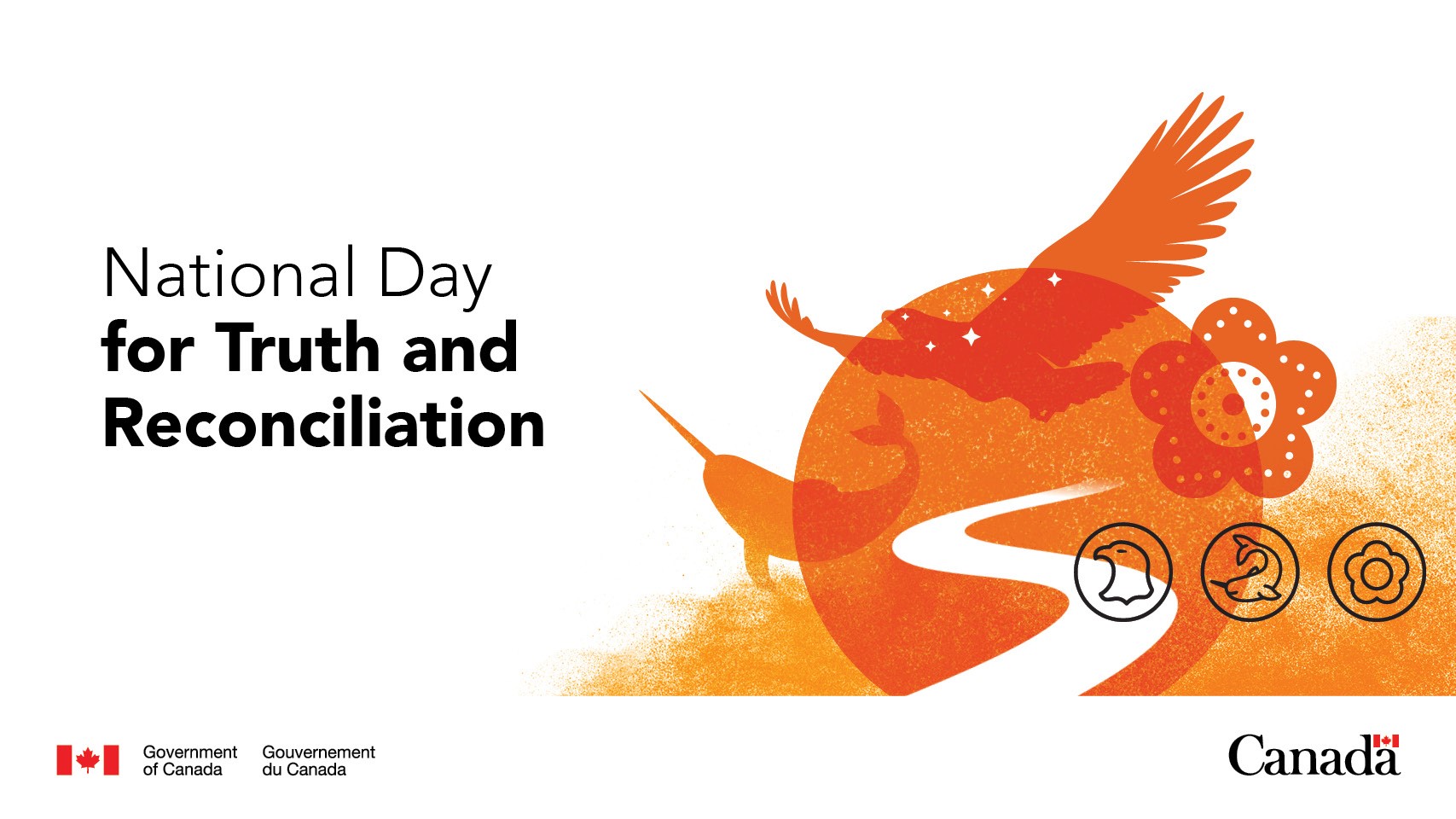
This day presents a special opportunity for those Canadians who are unfamiliar with the history of Indigenous people, to focus on and learn about how Indigenous history fits into their conscience and conception of Canada. Learning about the First Nations, Metis, and Inuit communities, their experiences of trauma as survivors of residential school and cultural genocide is not only learning about the indigenous history of Canada but also the history of humanity. Learning begins with thinking about how various identities, backgrounds, cultures, and values of multicultural Canadian society should become a catalyst to reconciliation and its meaning.
The Truth and Reconciliation Commission was formed in 2008, following the largest class-action settlement in Canadian history (the Indian Residential Schools Settlement Agreement). In the 2015 Truth and Reconciliation Commission report, there were 94 calls to action. These calls to action include changes across sectors of government, education, healthcare, policy, law, and child welfare – they place strong emphasis on themes of human rights, anti-racism, and intercultural dialogue. Today, 9 years later, only about 14 of these 94 calls to action have been fulfilled. This further highlights the need for increased dialogue, education, and action from individuals, governments, and communities. Reconciliation is not simply a matter of justice for Indigenous people in Canada, it is about shared identity, shared experience, and shared benefits of being Canadian and acting on the shared responsibilities to expedite the reconciliation process.
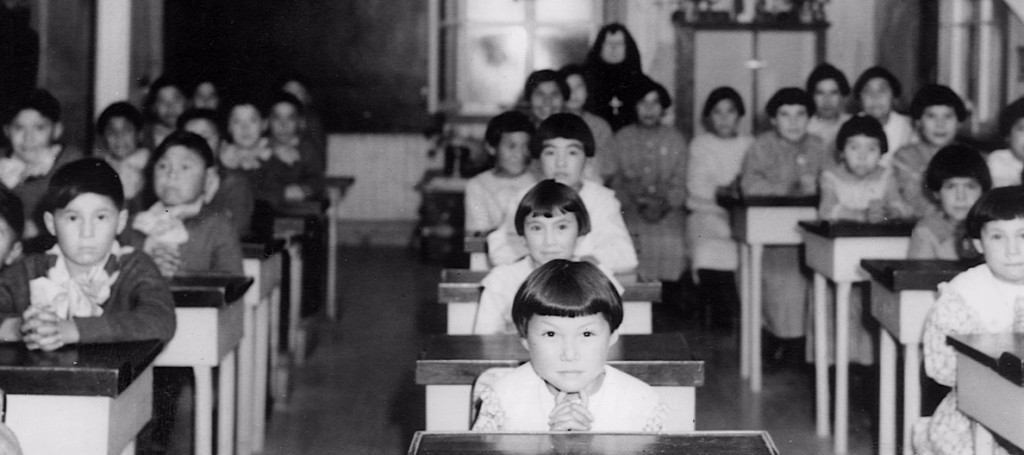
The Institute’s tradition of dealing with the phenomenon of genocide also includes that of Indigenous peoples in Canada and engaging in the reconciliation process. On this day, Dr. Maureen Hiebert, the academic chair of the Institute highlights the significance by saying:
“On this day of National Truth and Reconciliation, The Zoryan Institute honours the memory and spirit of the children who never returned home and the Survivors of residential schools, as well as their families and communities. We are committed to ensuring that all Canadians know about this shameful part of our history, supporting Indigenous resilience and resurgence, and walking a parallel path of reconciliation in a good way.”
In an effort to raise awareness, the Institute has held several seminars, conferences, and webinars on this topic. The Institute’s academic journal Genocide Studies International will release a special issue on the Erasure and Revitalization of Indigenous Languages and Culture. This is co-edited and led by guest editor Dr. Lorena Fontaine, Department Head of Indigenous Studies at the University of Manitoba, who deals with the long-lasting legacies of residential schools in Canada. To learn more about this special issue and to pre-order a copy, visit the Institute’s website here.

